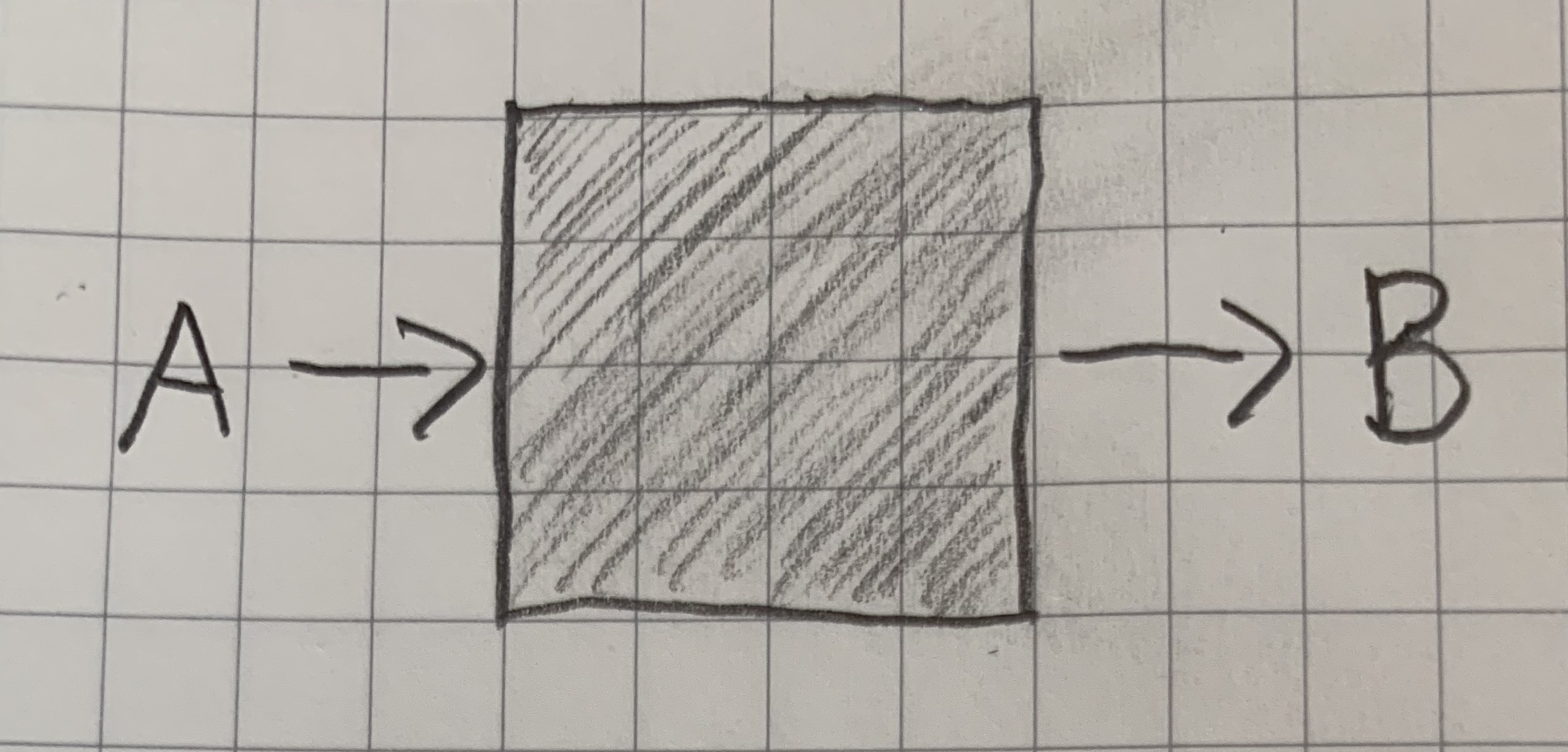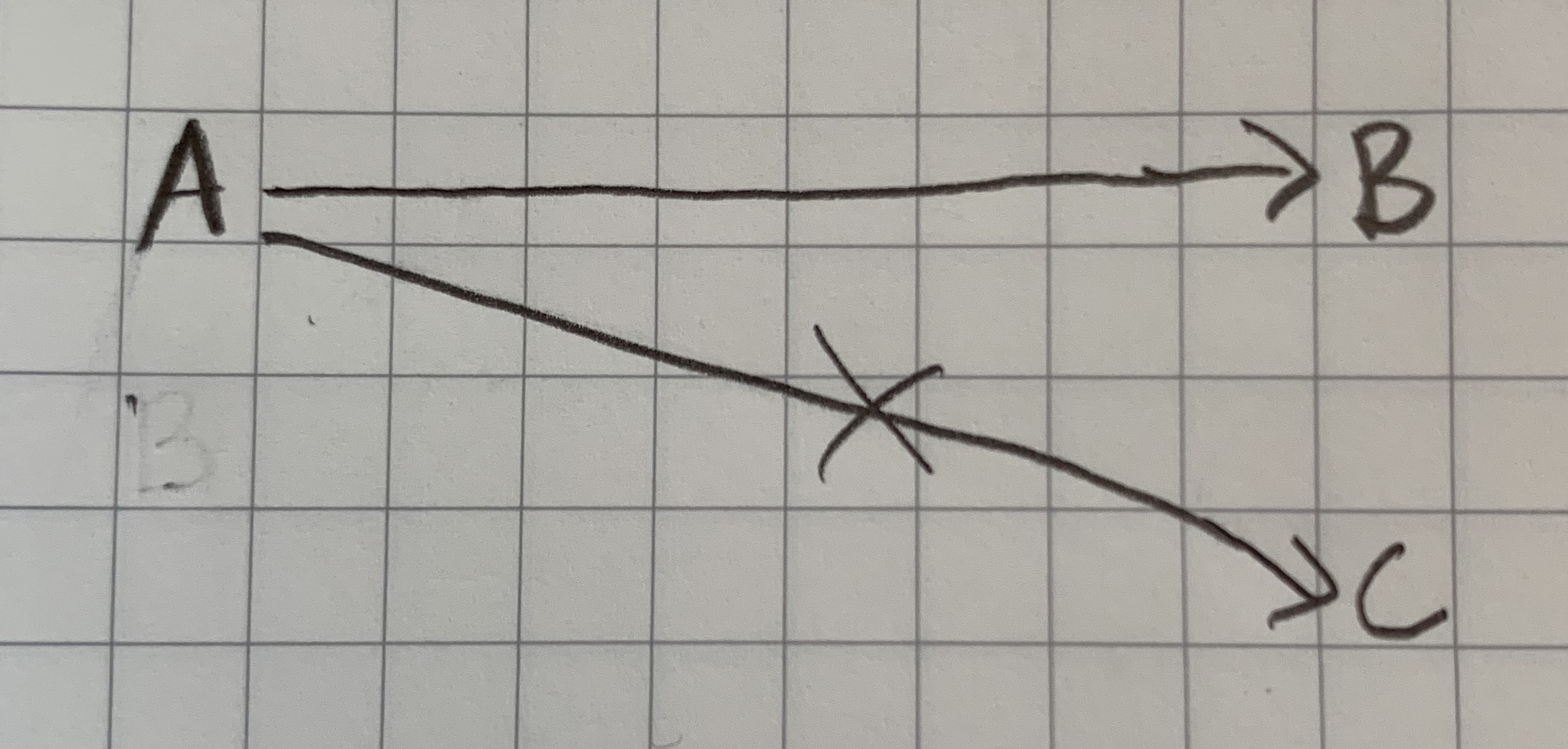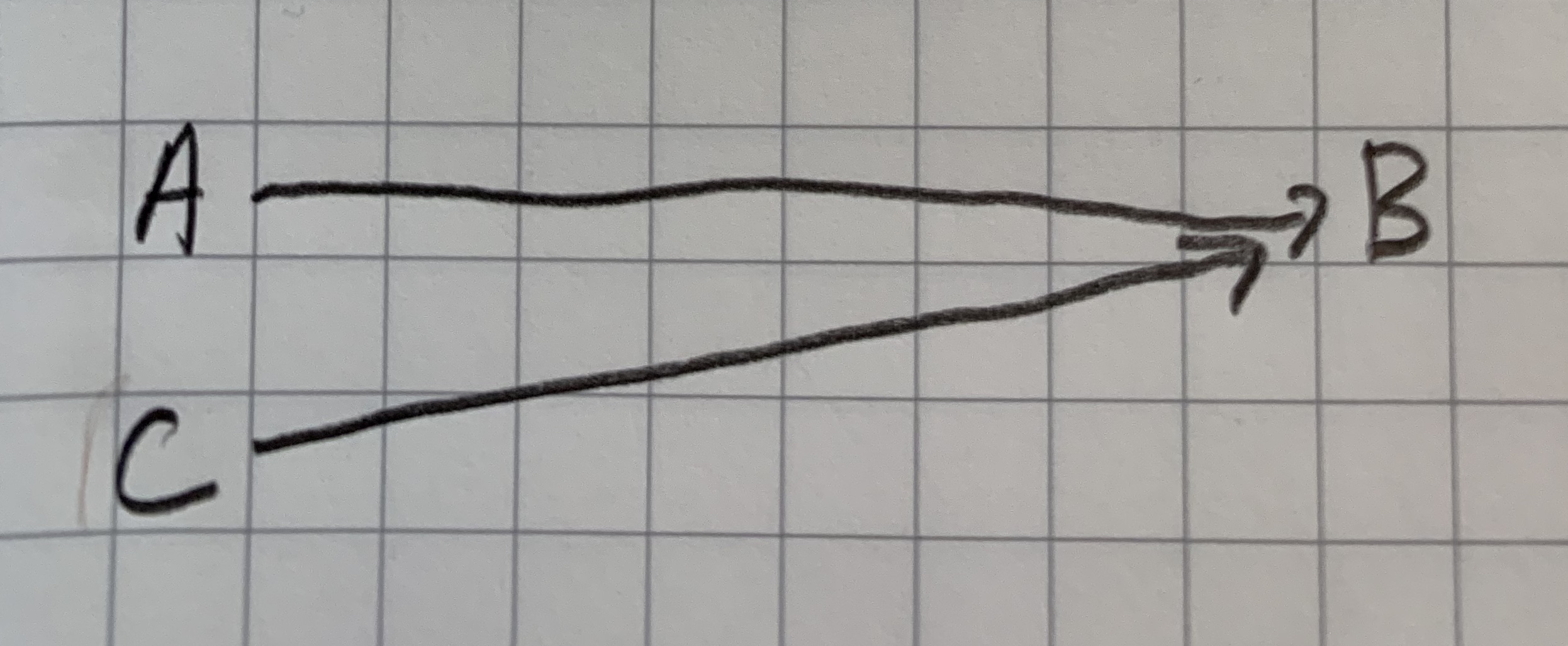Intro to Functional Programming
James Ward - Developer Advocate @ Google Cloud
What does this code do?
Is addOne() a function?
“If you can use math to do something, you should”
Philip Wadler
A "Pure" Function
-
Takes inputs and return outputs

-
Consistent mapping from inputs to outputs


val a = addOne(2)
val b = addOne(2)
val b = a
Jargon Alert!
- Referential Transparency
- First-order Function
def upper(s: String): String = {
s.toUpperCase
}
val upper: String => String = (s: String) => s.toUpperCase
val upper: String => String = _.toUpperCase
Why?
- Deterministic
- Provable
- Composable
First-order Composition / Chaining
val count = (s: String) => s.length
count(upper("hello"))
How do I do anything useful?
val handleRequest: Request => Response = { request =>
...
}
What about external state?
val getUsers: () => List[User]
Functions(Functions)
val cu = upper.andThen(count)
cu("hello")
val doSomethingToFirst = (s: String, f: Char => Char) => {
if (s.nonEmpty)
f(s.head) + s.tail
else
s
}
val d = doSomethingToFirst("asdf", _)
d(_.toUpper)
Jargon Alert!
- Higher-order Functions
- Currying
Operating on Items in Containers
- List, Option, Future, etc
- transform (map), filter, reduce
"hello".map(_.toUpper)
Try("hello").map(_.toUpperCase)
val f: String => String = _.toUpperCase
val g: String => Int = _.length
val h = f andThen g
Try("hello").map(h)
Some("asdf").filter(_.contains("a"))
"hello".foldLeft(0)(_ + _.toInt)
Jargon Alert!
- Functor
- Foldable
Try("hello").map(_ => Try("asdf")).flatten
val num1 = Try(StdIn.readLine("Number 1: ").toInt)
val num2 = Try(StdIn.readLine("Number 1 was ???; Number 2: ").toInt)
import scala.io.StdIn
import scala.util.Try
for {
num1 <- Try(StdIn.readLine("Number 1: ").toInt)
num2 <- Try(StdIn.readLine("Number 2: ").toInt)
} yield num1 + num2
Jargon Alert!
- Monad
Now for something practical!
for {
num <- client.url(randomNumUrl).get().map(_.body.toInt)
wordReqs = Seq.fill(num)(client.url(randomWordUrl).get().map(_.body))
words <- Future.sequence(wordReqs)
} yield words.mkString(" ")
("asdf", 2)
case class Foo(name: String, age: Int)
Foo("asdf", 1)
sealed trait Bar
case class FooBar() extends Bar
case class BarBar() extends Bar
val b: Bar = BarBar()
Jargon Alert!
- Algebraic Data Types
- Product Types
- Sum Types
Pattern Matching
foo match {
case Foo(name, 2) => name
case _ => "arggg!"
}
b match {
case FooBar() => "foo"
case BarBar() => "bar"
}
Where to next?
- Slides: jamesward.com/presos
- Kotlin FP: arrow-kt.io
- Corsera FP: coursera.org/learn/progfun1